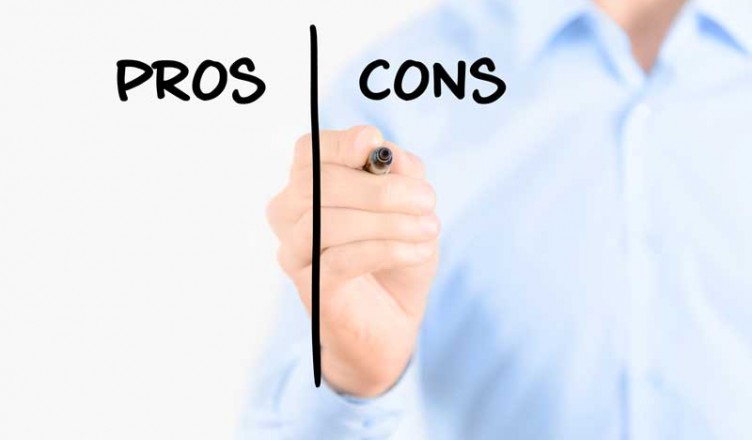An overview of SSL
SSL stands for Secure Sockets Layer. It is an encryption protocol that works by coding information with a key. Only the entity with the correct key can get the information. When a customer enters credit card information into an ecommerce Web site with SSL, it is “scrambled.” Only the proper owner of the key – in this case your business – can retrieve the information and make use of it.
When you use SSL on your business ecommerce Web site, you are showing your customers that you value them and want to protect their information. This is very important. Savvy online shoppers will not enter their information in a Web site that is not secure. Additionally, if you do not have SSL, many browsers will alert customers so that they do not attempt to enter personal payment information on an unsecure Web site. Having SSL is an important business decision.
Shared vs. dedicated SSL
SSL works through certificates that are issued. There is a digital certificate issued guaranteeing your identity. This lets customers know that you really are who you claim to be (of course, the customer had to trust the certificate). There are two types of SSL certificates available: shared and dedicated (sometimes called private).
Shared SSL certificates are just what they sound like. Your SSL verification is part of someone else’s. Often, your best web host has SSL, and allows you to use that certificate. You use your host’s certificate so that you do not have to purchase your own. Many ecommerce Web hosts offer to let you share their SSL certificates for a cost. This cost, however, is usually smaller than getting your own certificate.
Dedicated SSL certificates are those that you buy on your own. You have to have a dedicated Internet address, and buy the certificate yourself. These are more expensive than a shared SSL certificate would be. However, the name of your Web hosting company is not included on the certificate.





